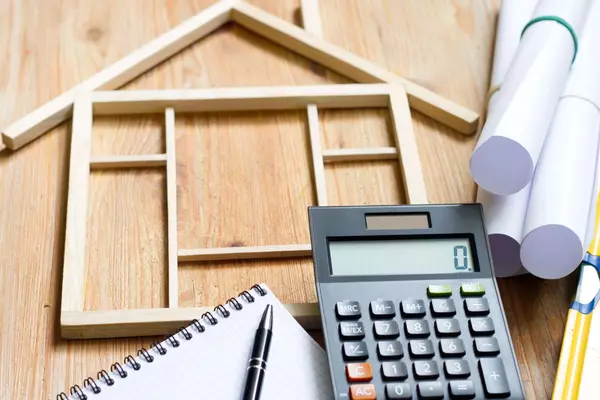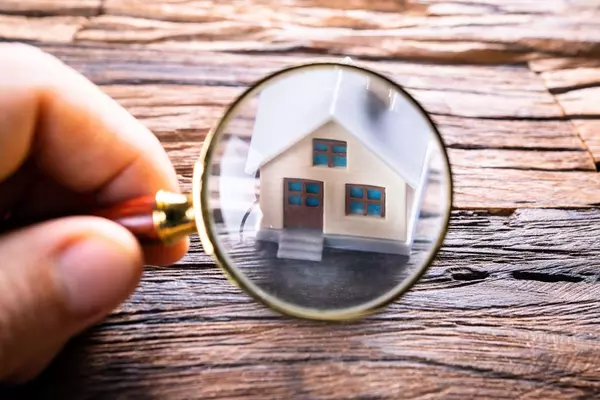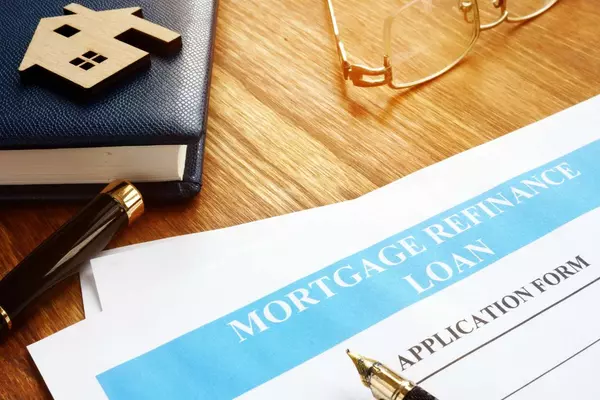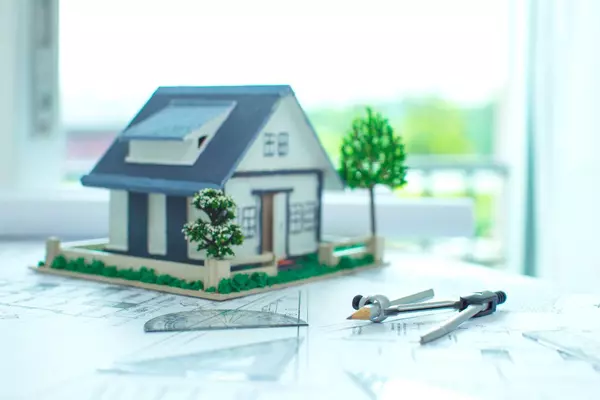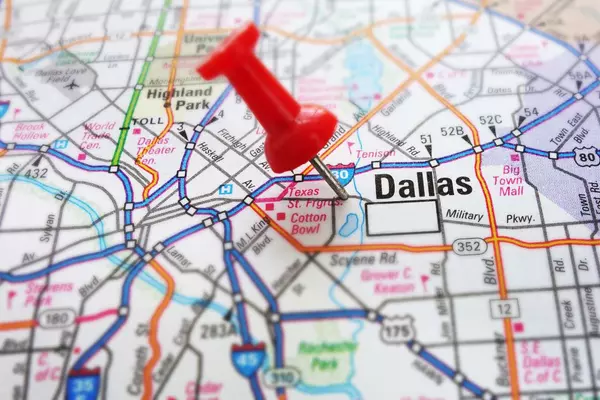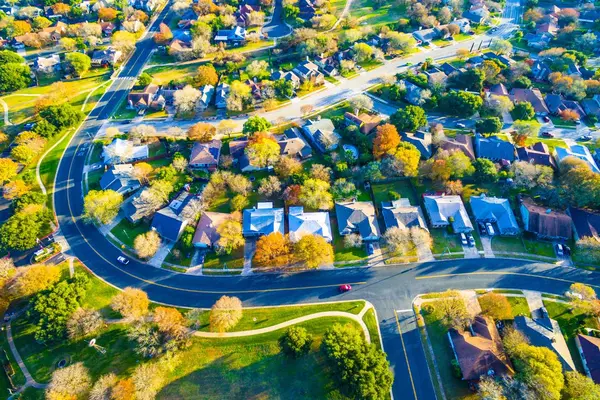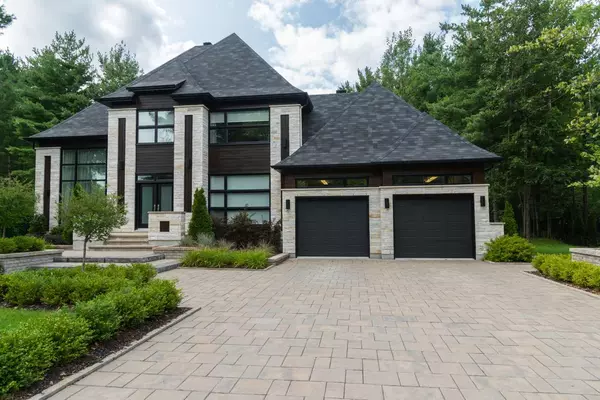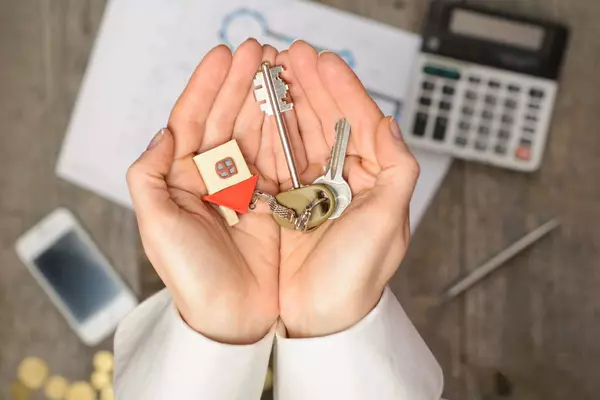Closing Costs: What You’re Paying For and Why

When you're in the final stages of purchasing a home, there’s one key aspect you might be wondering about: closing costs. These expenses, which arise when you finalize your home purchase, can sometimes feel overwhelming if you're not prepared. But understanding them can help you avoid surprises and ensure you're fully prepared for the road to homeownership.
What Are Closing Costs?
Closing costs are the fees and expenses associated with completing your home purchase. They are paid at the closing of the transaction, the final step in your home-buying journey. These costs are typically separate from your down payment and are an additional amount that you’ll need to plan for. On average, closing costs can range from 2% to 5% of the loan amount, depending on several factors, including your location and the type of loan you are securing.
Breakdown of Common Closing Costs:
- Loan Origination Fees
These are fees charged by your lender for processing your loan application. They cover the cost of underwriting, document preparation, and other administrative tasks. Loan origination fees typically range from 0.5% to 1% of the loan amount. - Appraisal Fees
An appraisal is required by your lender to assess the value of the property you're purchasing. The fee for this service can vary depending on the property’s location, size, and type but generally ranges from $300 to $700. - Title Insurance and Title Search Fees
Title insurance protects both you and the lender in case any issues arise with the property’s title, such as unpaid liens or ownership disputes. The title search is a process to verify that the title is clear. These fees can be bundled and vary widely based on your location but can range from $500 to $1,500. - Home Inspection Fees
Before you purchase a property, a professional home inspection is typically recommended to identify any potential issues with the home’s structure or systems. Home inspections usually cost between $300 and $500, depending on the property’s size and location. - Survey Fees
A survey may be required to verify the property’s boundaries and ensure there are no encroachments or disputes regarding land ownership. Survey fees can range from $150 to $500. - Prepaid Costs
These include things like homeowners insurance, property taxes, and interest on your mortgage. You may be required to prepay for a portion of these costs at closing, depending on when the property taxes are due or how much interest has accrued. - Recording Fees
When the sale of a property is finalized, the local government must record the change in ownership. The recording fee is typically paid to the county or city and is usually a few hundred dollars. - Escrow Fees
Escrow fees are paid to the escrow company that handles the transaction and ensures that the buyer and seller fulfill their obligations. This cost can range from $500 to $2,000, depending on the complexity of the transaction and local regulations.
How Are Closing Costs Paid?
Closing costs are usually paid on the day of closing, either via a wire transfer, certified check, or through the lender’s funds. Your lender is required to provide you with a closing disclosure at least three days before your closing date, which will outline the exact costs you'll need to pay. This gives you the opportunity to review and ask questions about the costs before they’re due.
Ways to Reduce Closing Costs:
While closing costs are an inevitable part of buying a home, there are a few strategies that may help reduce these expenses:
- Shop Around for Services: You can compare rates for services like title insurance and home inspections to find the best price.
- Negotiate with the Seller: In some cases, sellers may agree to pay part of your closing costs as part of the negotiation process.
- Consider a No-Closing-Cost Mortgage: Some lenders offer no-closing-cost loans, where the closing costs are rolled into the mortgage, though this may come with a higher interest rate.
Why You Need to Be Prepared:
Closing costs can add up quickly, so it’s important to budget for them in advance. Knowing what you're paying for and why will not only help you understand the breakdown of your expenses but also help you plan ahead so you can comfortably handle the costs associated with your home purchase. Work closely with your loan officer to ensure that you have a complete picture of your closing costs and any options for reducing them.
At the end of the day, closing costs are an essential part of the home-buying process, and understanding them can ease any concerns you might have as you approach the final stages of your purchase.
Categories
Recent Posts
